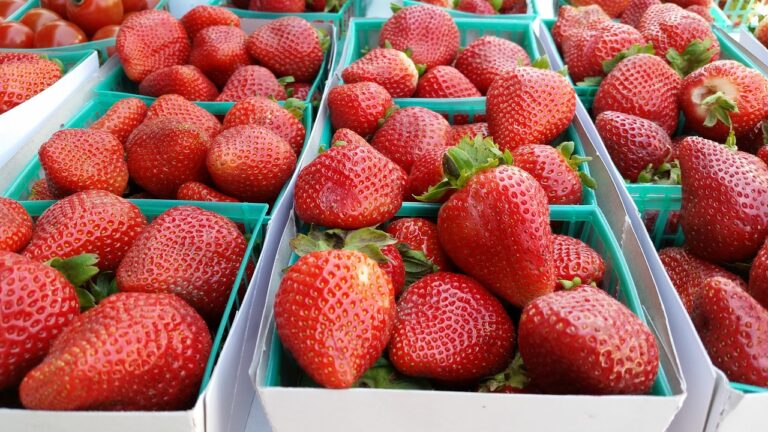Food Waste Management: Innovations in Recycling and Composting
One of the most promising technologies for food waste recycling is anaerobic digestion. This process involves breaking down organic waste in the absence of oxygen to produce biogas which can be used as a renewable energy source. Anaerobic digestion not only helps in reducing food waste but also produces valuable by-products such as nutrient-rich fertilizer.
Another innovative technology gaining traction in food waste recycling is enzymatic hydrolysis. This process uses enzymes to break down complex organic compounds in food waste into simpler substances, making it easier to convert them into biofuels or other useful products. Enzymatic hydrolysis is an efficient method for recycling food waste while also minimizing the environmental impact associated with traditional disposal methods.
Composting Methods for Sustainable Waste Management
Composting is a valuable tool in sustainable waste management, offering numerous benefits for the environment and communities. By breaking down organic materials into nutrient-rich soil amendments, composting helps divert food waste from landfills, reducing methane emissions and promoting healthier soil.
There are various methods of composting that can be employed, including traditional backyard composting, vermicomposting with worms, and larger-scale industrial composting. Each method has its own advantages and considerations, depending on the amount of waste generated, available space, and desired end product. Regardless of the method chosen, composting plays a crucial role in closing the loop of the food system and creating a more circular economy.
Benefits of Implementing Food Waste Reduction Strategies
Implementing food waste reduction strategies offers numerous advantages for both individuals and the environment. By minimizing food waste, households can save money by purchasing only what is needed and utilizing leftovers efficiently. This leads to a more sustainable lifestyle that not only benefits the wallet but also reduces the overall impact on landfills and greenhouse gas emissions.
Moreover, reducing food waste can have a positive ripple effect on food security and hunger issues globally. When food is wasted at a consumer level, it not only squanders resources but also contributes to food scarcity worldwide. Therefore, by adopting food waste reduction strategies, individuals can play a role in addressing larger societal issues related to access to nutrition and combating hunger.
What are some examples of innovative technologies for food waste recycling?
Some examples of innovative technologies for food waste recycling include anaerobic digestion, composting systems, and food waste-to-energy conversion plants.
How can composting methods contribute to sustainable waste management?
Composting methods help to divert food waste from landfills, reduce greenhouse gas emissions, and create nutrient-rich soil for gardening and farming.
What are the benefits of implementing food waste reduction strategies?
Implementing food waste reduction strategies can help save money, reduce environmental impact, and contribute to a more sustainable food system.
How can businesses and individuals start implementing food waste reduction strategies?
Businesses and individuals can start implementing food waste reduction strategies by conducting a waste audit, setting goals for waste reduction, and implementing practices such as food donation, composting, and meal planning.
Are there any regulations or policies in place to support food waste reduction efforts?
Yes, many countries and regions have implemented regulations and policies to support food waste reduction efforts, including food waste bans, tax incentives for food donation, and requirements for food waste diversion.







